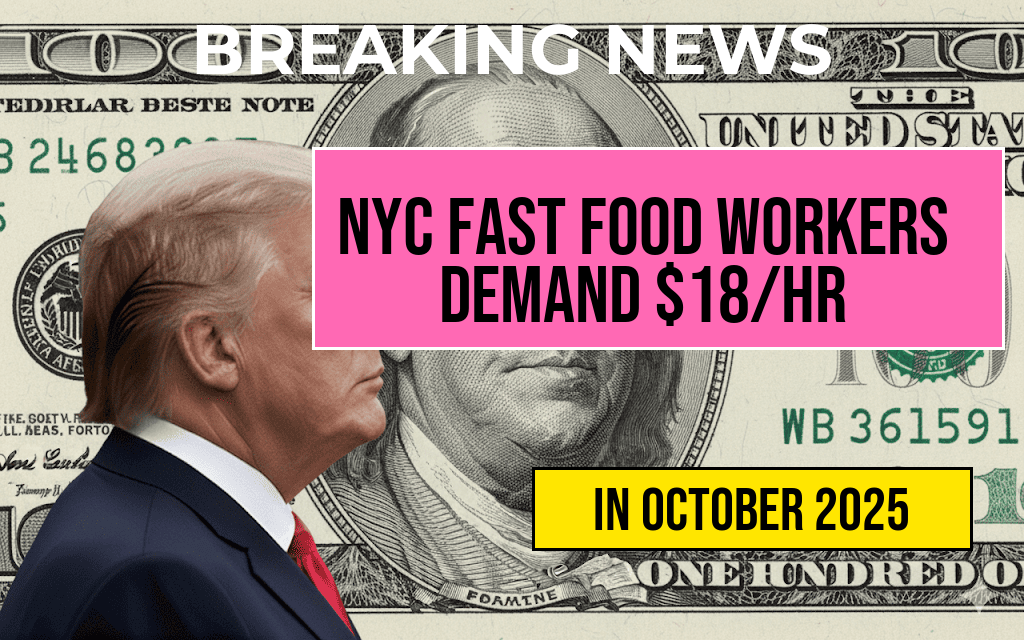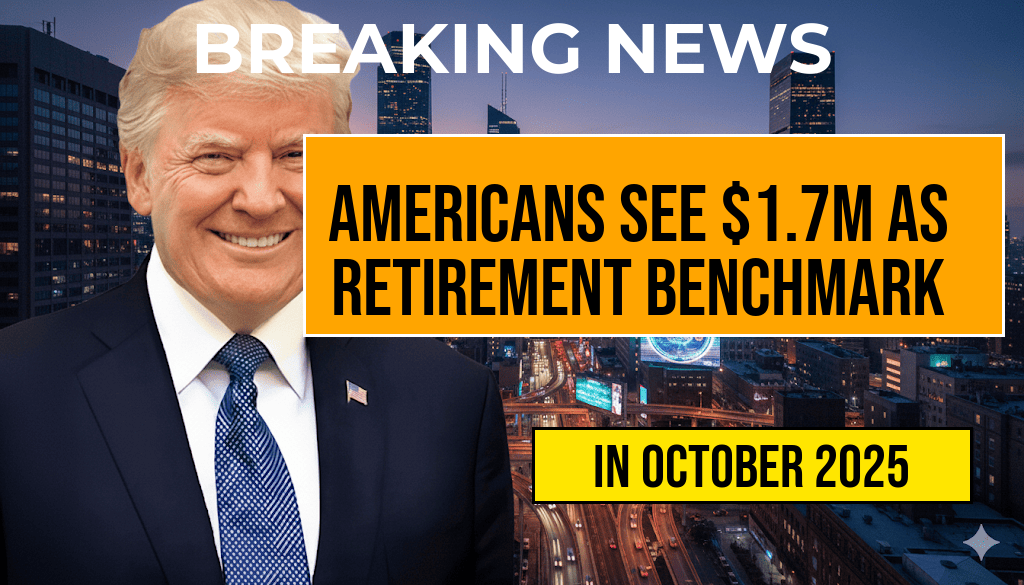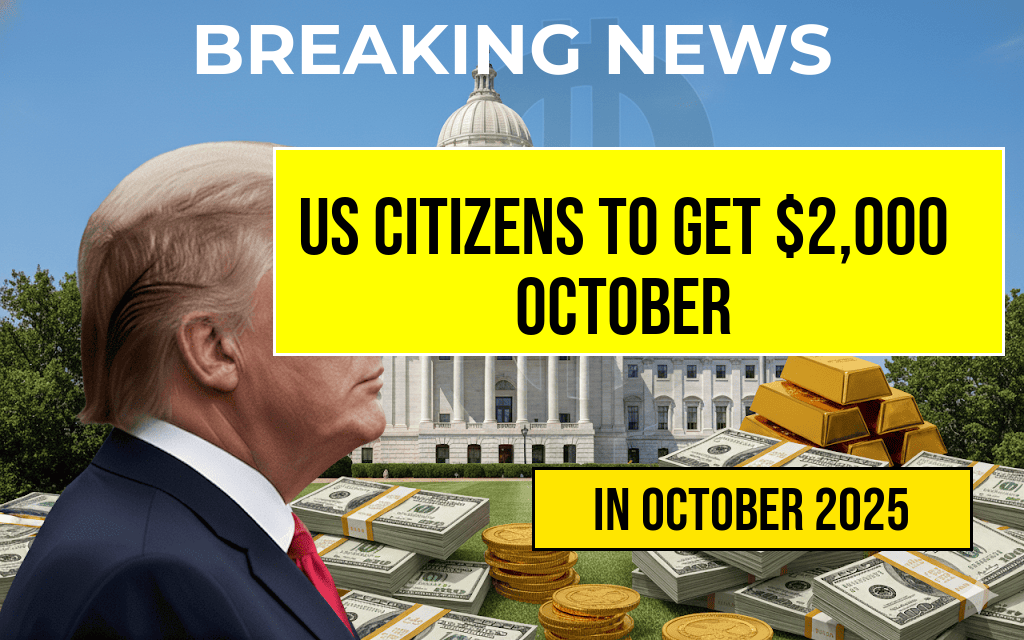Fast food workers across New York City are intensifying their push for an $18 an hour minimum wage, citing rising living costs and demanding fair compensation for their labor. The campaign, spearheaded by local worker advocacy groups and unions, aims to address longstanding wage disparities in the industry, which has historically offered low pay despite the city’s high cost of living. As protests and organized demonstrations gain momentum, city officials and fast food corporations are facing increased pressure to reconsider wage policies. The movement highlights broader debates over economic equity and workers’ rights within the fast food sector, which employs thousands across NYC and is a critical component of the city’s service economy.
Background and Context of the Wage Fight
New York City’s fast food industry has experienced significant growth over the past decade, with thousands of establishments serving millions of residents and visitors annually. Despite this expansion, wages for many frontline workers have remained stagnant or increased only marginally, often falling short of covering basic living expenses. According to recent data from the U.S. Bureau of Labor Statistics, the median pay for fast food workers in NYC hovers around $15 an hour, below the proposed $18 target.
Advocates argue that the current wage levels contribute to high turnover rates, economic insecurity, and limited upward mobility for workers. “Our members are working hard but still struggling to pay rent and put food on the table,” said Maria Lopez, a union organizer involved in the campaign. The movement has gained traction amid broader discussions on income inequality and the living wage movement, which seeks to tie minimum wages to local living costs.
Details of the Campaign and Worker Demands
The campaign’s primary demand is for an $18 per hour minimum wage for all fast food employees in NYC, along with improved working conditions and access to benefits. Organizers have launched a series of protests, including walkouts, picket lines outside major restaurant chains, and social media campaigns calling for city policymakers to intervene.
Key Goals of the Movement:
- Establish a standardized minimum wage of $18/hour for all fast food workers in NYC
- Implement paid sick leave and health benefits
- Improve scheduling practices to provide stable hours
- Ensure workers have a voice in workplace decisions through union representation
Local worker groups are also pushing for legislation that would mandate wage increases for fast food workers, similar to recent efforts in other cities. For example, Seattle and Los Angeles have enacted $15.50 and $16.50 minimum wages respectively for fast food employees, setting a precedent for New York City’s campaign.
Responses from Industry and City Officials
Fast food corporations operating within NYC have largely resisted the campaign, emphasizing the financial challenges faced by small business owners and franchisees. A spokesperson for one major chain stated, “While we value our employees, imposing an $18 minimum wage could lead to increased automation and job cuts, which would ultimately harm workers and consumers alike.”
City officials have responded with cautious openness, acknowledging the importance of fair wages but emphasizing the need for a balanced approach that considers economic impacts. Mayor Eric Adams has expressed support for fair pay but has called for negotiations and comprehensive studies before implementing mandated wage hikes. The city’s Fast Food Worker Wage Initiative is currently under review, with discussions scheduled for upcoming city council sessions.
Potential Impacts and Broader Significance
| City | Minimum Wage for Fast Food Employees | Year Implemented |
|---|---|---|
| New York City | $15.00 (current), $18.00 (campaign goal) | Proposed |
| Seattle | $16.50 | 2015 |
| Los Angeles | $15.50 | 2019 |
The push for an $18 minimum wage in NYC could set a significant precedent, influencing policy debates nationwide. Advocates argue that aligning wages with the city’s living costs would reduce worker turnover, improve morale, and contribute to economic stability in lower-income communities. Conversely, opponents warn of potential job losses and increased prices for consumers if wages rise too quickly.
Labor experts suggest that targeted increases, coupled with support for small businesses and phased implementation, might strike a sustainable balance. The ongoing protests and negotiations underscore a broader societal conversation about how to fairly distribute economic gains in a city marked by both wealth and inequality.
Looking Ahead
As the campaign gains momentum, city officials and industry leaders are expected to continue negotiations in the coming months. Meanwhile, workers remain resolute, with some planning to escalate protests if their demands are not met. The outcome could influence wage policies across the nation’s largest metropolitan areas and shape the future of fast food employment standards in the United States.
Frequently Asked Questions
What is the main goal of the New York fast food workers’ campaign?
The primary goal of the campaign is to advocate for a $18 an hour minimum wage for fast food workers in New York City to improve their living standards and ensure fair compensation.
Why are fast food workers in NYC demanding a higher minimum wage?
Fast food workers are demanding a higher wage because many are struggling with low pay that does not meet the rising cost of living in New York City, affecting their ability to support themselves and their families.
How does the campaign plan to achieve a $18 an hour minimum wage?
The campaign aims to achieve this through public advocacy, protests and pushing for legislative changes that require fast food chains to pay their employees at least $18 per hour.
What impact could this campaign have on the fast food industry in NYC?
If successful, the campaign could lead to higher wages across the industry, potentially prompting other cities to follow suit, but it may also impact business operations and pricing in fast food establishments.
How can supporters get involved in the campaign?
Supporters can get involved by participating in protests, signing petitions, and advocating for policy changes to help ensure fair wages for fast food workers in NYC.




